RABAT: Moroccans voted on Wednesday in parliamentary and local elections that will decide the fate of religious parties who have governed the kingdom since the Arab Spring uprisings.
The vote comes as the tourism-dependent economy is making a patchy recovery from a pandemic-induced seven per cent contraction last year, and enthusiasm is limited.
“Everyone to the ballot boxes!” urged local daily newspaper the Economist, noting that turnout represented the “real stakes in today’s polls” after only 43 per cent of eligible voters cast ballots last time around in 2016.
The vote was unfolding “in normal circumstances,” the interior ministry said.
Eighteen million voters are on the electoral roll, and citizens will vote for 395 national lawmakers, alongside more than 31,000 local and regional officials.
King Mohammed VI will name a prime minister from the party that leads the parliamentary poll to govern the nation
of 36 million for the next five years.
“Today is an important day for Morocco. I am voting because it is my duty,” one voter said in a polling station in the economic capital Casablanca.
Swept to power in the wake of the 2011 uprisings around the Middle East and North Africa, the Justice and Development Party (PJD) hopes to secure a third term leading a ruling coalition.
Compared with demands back then for an end to “corruption and despotism”, this year’s two-week election campaign was less lively, with no large gatherings due to the coronavirus.
In the final days, however, PJD and its close rival the National Rally of Independents (RNI) have exchanged heftier blows.
Former prime minister and PJD leader Abdelilah Benkirane attacked the RNI boss, billionaire businessman and Agriculture Minister Aziz Akhannouch, in a fiery Facebook video on Sunday.
Akhannouch, who is said to be close to the royal palace, retorted in an interview on Monday that the attacks were “an admission of failure” by his opponents, vowing not to respond.
Following the last elections in 2016, the RNI leader secured critical ministerial jobs for his party, including the economy and finance and industry portfolios.
Besides the PJD and RNI, the liberal Authenticity and Modernity Party (PAM), formed by an influential royal adviser, and the centre-right Istiqlal Party are both seen as front-runners in local media. — AFP



